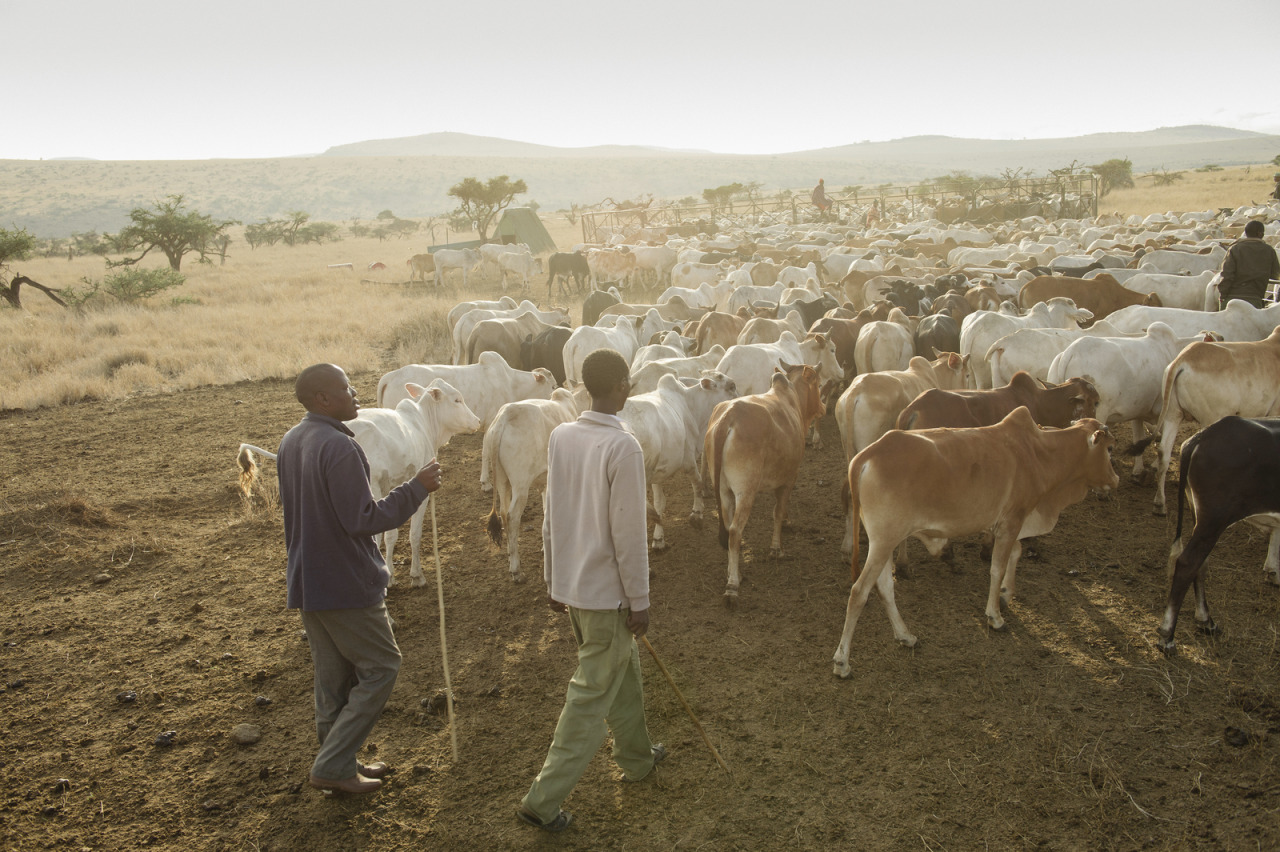Community Centered Conservation in Africa
A conversation with David Banks, Program Director, Africa
Written by Deb Crespin, Associate
Director of Philanthropy
Photography by Ami Vitale
“Still the wildest place on the planet, a landscape that evokes our essential humanity and connection to animals and to the earth, the continent of Africa is still in great shape from the perspective of nature. While the economies and governance are improving fast, however, the current population of 1 billion will grow to a staggering 4 billion people in the next 90 years. It is ‘crunch time’ for Africa.”
This was the start of the talk by David Banks, The Nature Conservancy’s Program Director in Africa, to a group of TNC supporters gathered at the gracious home of TNC friends who share a passion for Africa and conservation.
As David explained, Africa continues to be the land of opportunity and promise. Phenomenal wildlife, rivers, and forested landscapes, yet we know that there will be a “perfect storm” over the next ninety years of tremendous challenge. As the human population is projected to expand, at the same time, the natural systems that have supported this continent for tens of thousands of years are at risk of being inappropriately developed.
The equivalent of hyenas circling their prey, the threats to the African continent range from the undeveloped hydropower potential – damming, bifurcating, and re-channeling rivers – to oil, gas, mining and forestry. The last remaining lands of the savannah… the dense tropical rainforest…and the nearby marine systems are going to be stressed like never before.
The Nature Conservancy in Africa has worked from the ground up, with community partners and informed by science, to take on these huge threats and seek new solutions that can alter the course of where Africa is headed.
Banks spoke of three extraordinary projects/opportunities:
- Marine protection in the Seychelles, helping leaders make smart choices about how lands, waters and oceans are used for food, water, energy, industry and more. TNC is working with the local government to protect hundreds of acres of marine systems;
- Preserving habitat and increasing wildlife security – using a community-based model, TNC is working with locals in Kenya, Zambia and Tanzania. TNC is working with lakeshore villagers who live on Lake Tanganyika on wildlife and health issues, partnering with a global health organization Pathfinder to support women and families;
- Restoring and protecting sources of food and water, with innovative programs, such as bringing livestock to market, creating more opportunities for local economic growth.
We learned this: what’s good for the cow is good for the elephant! TNC has improved over 7.4 MILLION acres of rangelands throughout eastern Africa! What helps people helps livestock which helps wildlife which helps habitat.
And bringing it all back home: State Director Mike Stevens wrapped up the conversation by noting that the strength of The Nature Conservancy is that we are guided by science, work through partnerships, and capitalize on our local to global lessons and approach.
Asante sana!


























